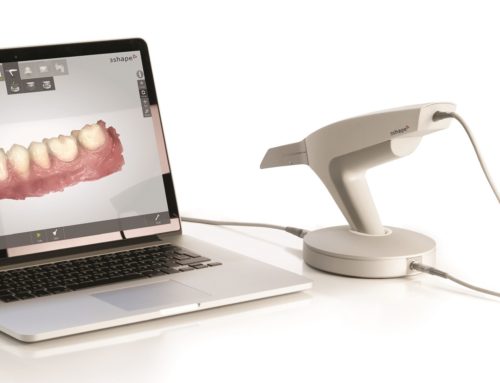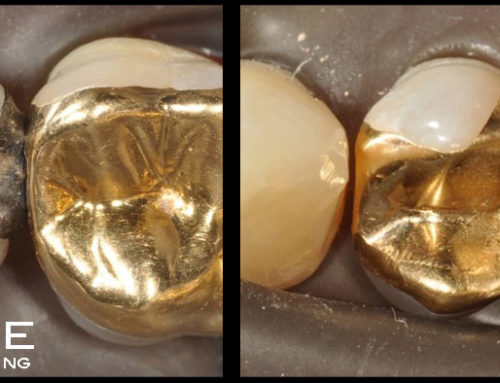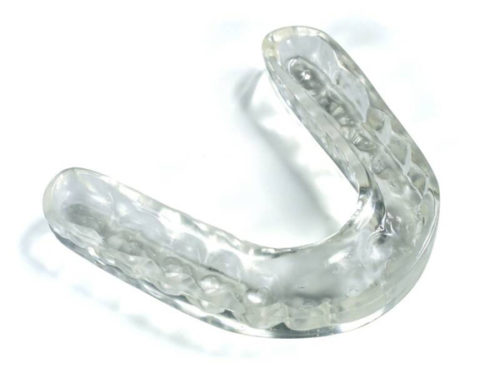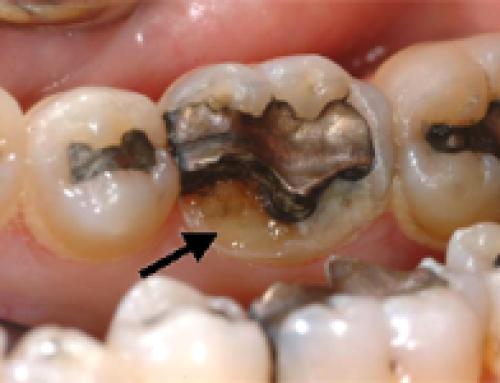Periodontal disease is a serious gum infection that damages the gums and can lead to bone loss in the jaws. Periodontal disease is as severe of a condition as dental cavities and if left untreated can lead to the loss of teeth and overall health conditions such as heart disease, stroke, premature birth for women, diabetes, and respiratory disease.
In its earliest form periodontal disease is classified as gingivitis which is inflammation of the gums. Gingivitis is usually easily reversed by good dental home care (brushing two times a day and flossing daily) and regular visits to the dentist. However, periodontal disease which is more advanced gum disease may require deep cleanings (where a dentist or dental hygienist may need to numb the gums prior to cleaning), localized antibiotics and dental cleanings every three to four months.
What Causes Periodontal Disease?
Periodontal Disease is caused by bacteria in dental plaque. Plaque is the sticky substance that forms on the teeth. In an effort to get rid of the bacteria, the cells of your immune system release substances that inflame and damage the gums, the ligament that holds the teeth in, and the jaw bone. This leads to swollen and bleeding gums, inflammation and ultimately bone loss and the loss of teeth.
If plaque is left on teeth for long periods of time it turns to calculus (often referred to as tartar) and cannot be removed with normal brushing. Sometimes the calculus can form under the gums and can be very difficult to remove, and must be done by a dental professional.
Risks and Prevention
Bacteria is the main cause of periodontal disease but there are other factors that can contribute.
-Genes: Some people are more likely than others to get gum disease due to their family history.
-Smoking and tobacco use: Smokers tend to collect more tartar on their teeth and often develop deeper pockets than non-smokers. Smoking and tobacco use is one factor that is within the control of the individual unlike family history or position of teeth.
-Crowded and misaligned teeth: Teeth that are crowded or misaligned are more difficult to clean and develop more calculus. Home care and the use of additional tools along with floss and brushing can help aid in keeping these hard to reach areas clean. A dentist may also recommend orthodontics to realign teeth and make it easier to keep them clean.
-Clenching and Grinding: These habits won’t cause periodontal disease but they do put undue pressure on the teeth and can breakdown the periodontal ligament and bone. A custom night guard can reduce the pressure on the teeth and can be fabricated by your dentist.
-Medicines: Many medications can cause dry mouth. If you don’t have enough saliva, plaque is more likely to form. This can lead to not only cavities but to gum issues as well. A few medications cause the gums to enlarge and can make the gum pockets deeper and harder to clean. Examples of these medications are Phenytoin (brand: Dilantin) used to control seizures, Cyclosporin used to suppress the immune systems for people who have had organ transplants, and Nifedipine-calcium channel blockers used to treat high blood pressure, chest pain and heart arrhythmias.
-Fluctuation Hormones: Hormone changes can cause changes in the mouth. Puberty and pregnancy can temporarily increase the risk and severity of gum disease, as well as menopause.
At Mill Creek Dental, Dr. Chin and her team are dedicated to diagnosing and treating periodontal disease. At every new patient exam, a thorough gum assessment is done and every patient will know the health of their gums. Also, every patient at Mill Creek Dental will have an annual gum exam and recommendations will be given to treat periodontal disease. The hygienists at Mill Creek Dental have the knowledge and training to effectively treat most periodontal conditions and referrals to periodontist (gum specialists) are made in severe cases. We also take a person’s overall health into account and how it can play a role in treating and diagnosing the disease.






Leave A Comment